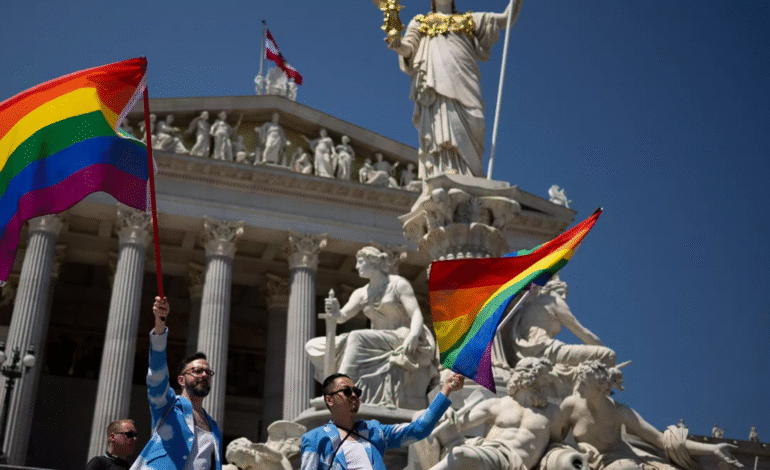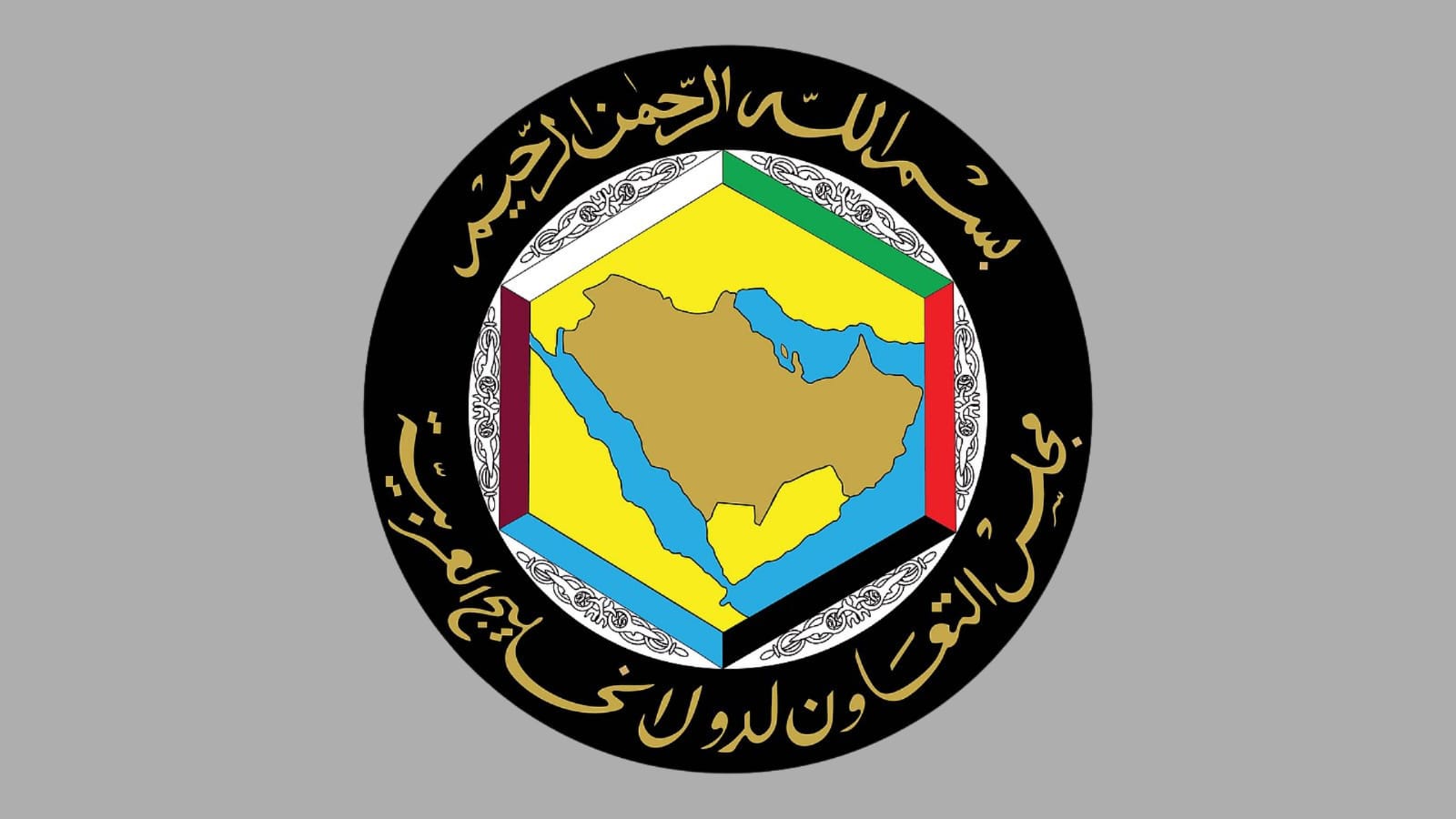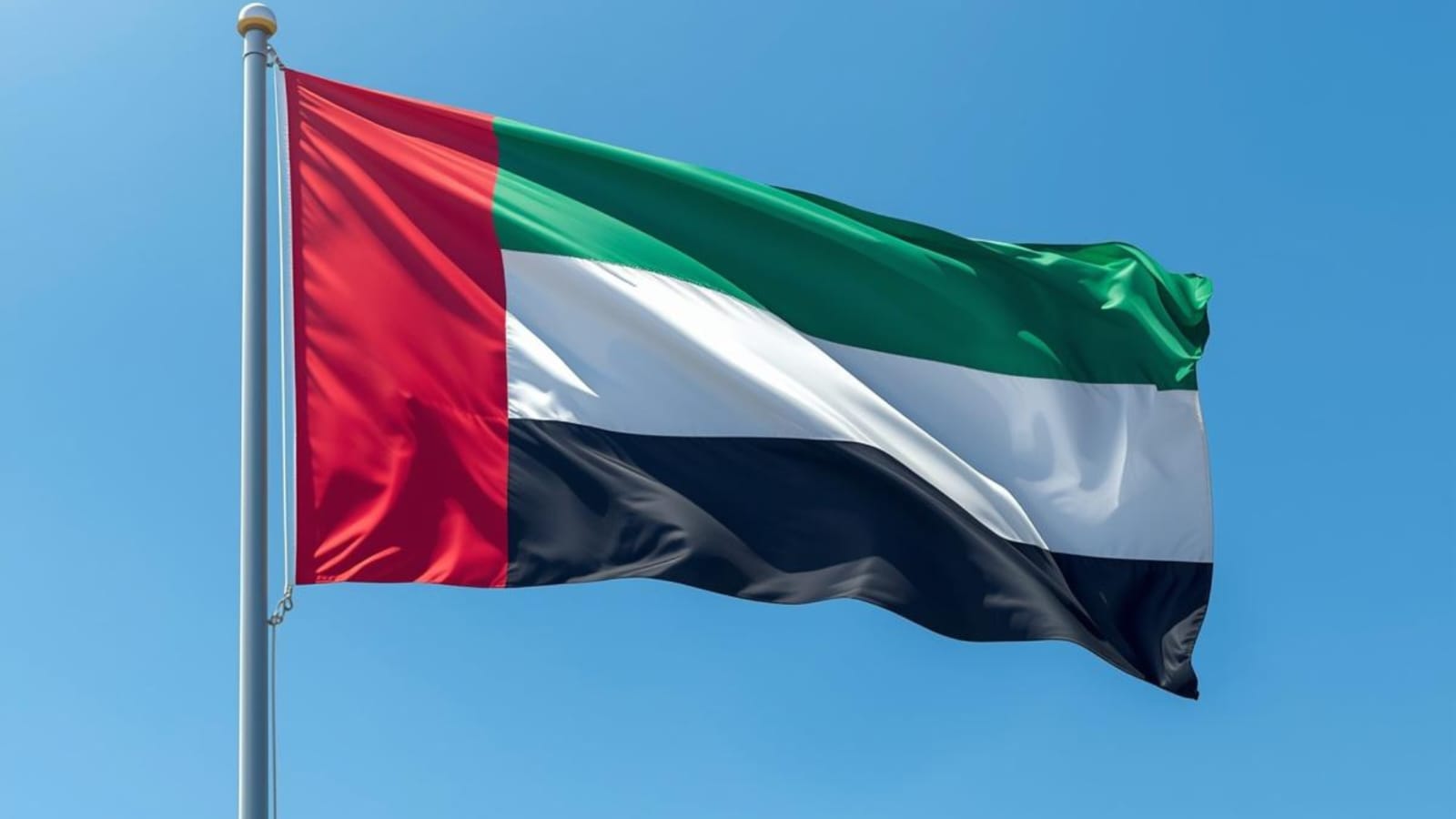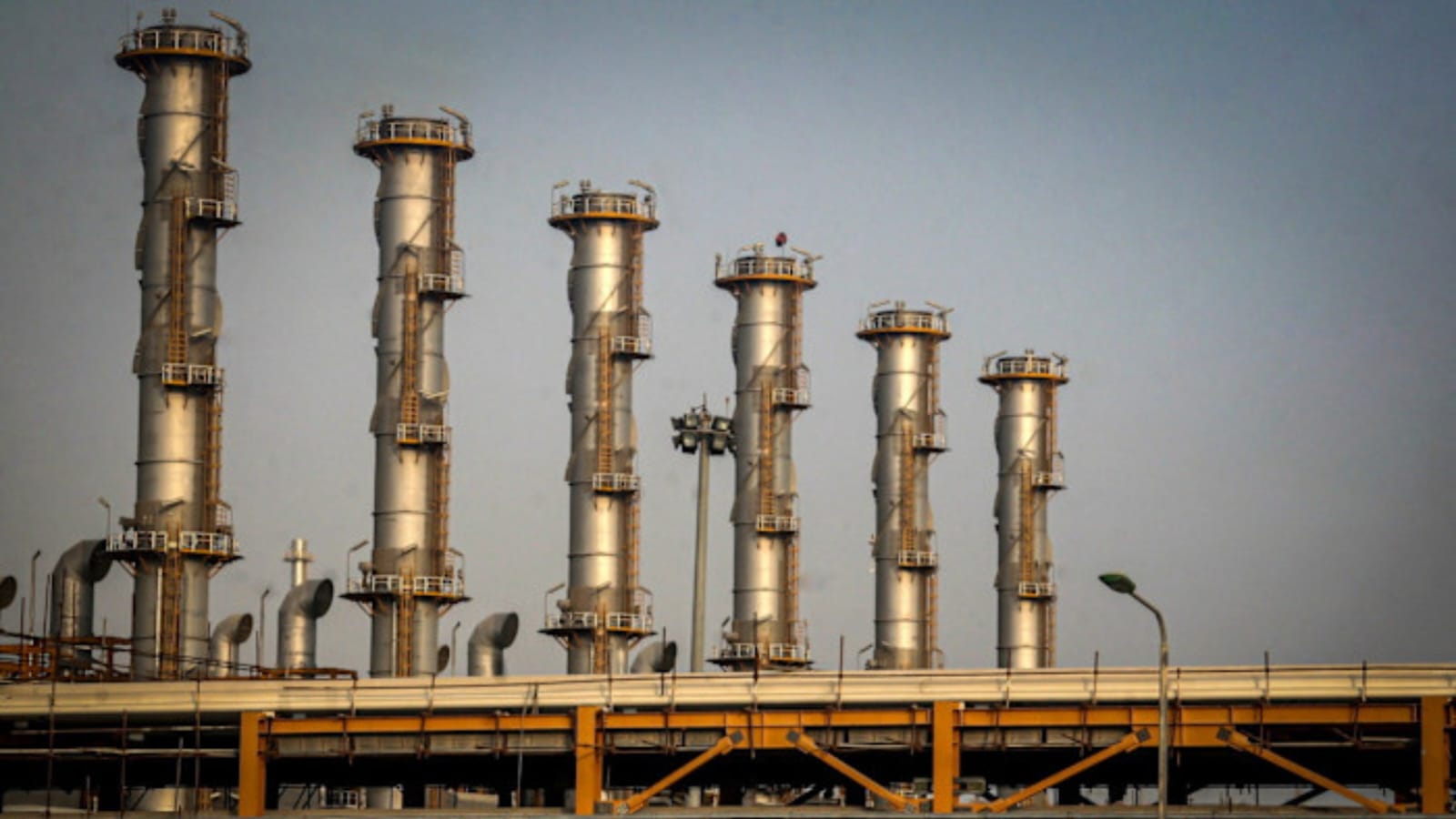Europe Celebrates Pride with Parades for Equality and Inclusion

Across Europe, major cities came alive with color and conviction as thousands marched in pride parades to mark LGBTQ+ Pride Month. The cities of Vienna, Warsaw, Rome, and Athens each hosted large-scale celebrations that combined joyful self-expression with determined calls for social and political equality. While the tone in each city varied with its unique cultural and political backdrop, the unifying message was clear: the LGBTQ+ community is visible, vocal, and committed to advancing its rights and protections in society.
Unity and Visibility Mark Warsaw’s Equality Parade Message
In the Polish capital, Warsaw’s pride parade—officially called the “Equality Parade”—drew thousands of demonstrators to the city center. The march started in the afternoon and traced a route that led through the historic Old Town. Participants waved rainbow flags and carried signs bearing messages of inclusion, compassion, and hope. The parade’s theme this year was “Love is the answer,” chosen to inspire openness and solidarity in a country where LGBTQ+ issues are often considered controversial.
Rafał Dembe, president of the Equality Volunteering Foundation, spoke passionately during a press conference prior to the event, urging the community to reject secrecy and embrace visibility. “We don’t want to talk about such matters somewhere underground,” he said. “We come to the surface to talk about it.”
Organizers stated that the Equality Parade is now the largest LGBTQ+ gathering in Poland. A number of prominent public figures were also present, including Warsaw’s mayor, Rafał Trzaskowski. Known for supporting equality causes during his term in office, Trzaskowski addressed the marchers directly. “Together we are building Warsaw, which is an open and tolerant city,” he said. “Here, values like diversity and inclusion are not just tolerated—they are celebrated.”
Another notable attendee was Member of the European Parliament Robert Biedroń, alongside Poland’s Minister of Equality, Katarzyna Kotula. Just four days before the march, Kotula had submitted a bill to parliament proposing the legalisation of civil partnerships, including for same-sex couples. Although Poland has long been seen as socially conservative, especially in rural areas, events like the Equality Parade suggest that the conversation around LGBTQ+ rights is evolving in the public sphere.
Rome Marches for Equality Under Scorching Summer Heat
In Rome, a parallel story unfolded in the midst of searing heat as temperatures climbed to 35 degrees Celsius. Thousands marched from Piazza della Repubblica to Via Cavour under a blazing sun, turning the Italian capital into a sea of rainbow flags, costumes, and calls for justice. At the front of the parade, motorcyclists revved their engines, setting the tone for an energetic and defiant demonstration.
The central banner at the parade carried the word “Outlaw,” referencing what organizers see as the systemic marginalization of LGBTQ+ individuals in Italy. The sentiment echoed in the words of Mario Colamarino, the spokesperson for the parade, who stated, “We are here for the rights of all. ‘Outlaws’ is what we are in this country today. We must fight and we must be many.”
The parade also included political elements beyond LGBTQ+ rights. In a moment of silence, demonstrators paused to recognize the conflict in Gaza, and Palestinian flags flew beside rainbow banners. Songs like “Bella Ciao,” a well-known anti-fascist anthem, were sung alongside dance music and pop tracks, giving the event a dual tone of resistance and celebration.
Rome’s mayor, Roberto Gualtieri, was also in attendance, signaling institutional support at a time when many activists in the country feel overlooked. A satirical float portraying Hungarian Prime Minister Viktor Orbán, whose government recently denied permission for a pride event in Budapest, added a critical edge to the event. According to Riccardo Magi of the Italian +Europa party, “Autocracies and regimes are attempting to erase civil liberties, whether in Hungary, Russia, or even places like the United States. Attending pride is more important than ever.”
Athens Marks 20 Years of Pride With Reflective Theme
In Greece, Athens hosted its annual pride parade under the slogan “We Count,” a phrase that carries a double meaning in the Greek language. It can either suggest self-worth—“we matter”—or the act of taking stock—“we count our experiences.” The theme marked the 20th anniversary of Athens Pride and aimed to prompt a moment of introspection within the LGBTQ+ community and its allies.
From cultural milestones to painful memories, organizers asked participants to consider the entirety of their journey over the last two decades. The event recognized early victories such as the legalization of civil unions and later, same-sex marriage, while also acknowledging ongoing challenges, including persistent stigma and discrimination. Organizers emphasized that rights gained must be continuously defended, especially in today’s global climate.
A statement on the Athens Pride website reflected on these dynamics. “No legal right can be taken for granted,” the statement read. “Our very existence is being challenged daily. Hate speech is being normalized in political and media discourse. This is why we march—not just to celebrate, but to resist.”
Cultural and educational events held throughout Pride Month supported the core mission of visibility and inclusivity. These included film screenings, live performances, panel discussions, and workshops—all focused on intersectional issues within the LGBTQ+ community, including the unique challenges faced by refugees, migrants, and other marginalized groups. The emphasis was on solidarity, representation, and the promotion of a more inclusive society.
Vienna Celebrates Pride in an Atmosphere of Joy and Purpose
While the political tone was particularly sharp in Warsaw, Rome, and Athens, the pride celebration in Vienna took on a more festive character, although it, too, was not without its message. Thousands gathered in the Austrian capital to march through the city’s iconic streets. Waving rainbow flags, attendees danced to upbeat music and carried signs advocating for equal rights, legal reforms, and greater public awareness.
Vienna’s pride parade this year was notable for its strong youth presence and the participation of a wide range of community groups, businesses, and NGOs. Though less politically confrontational than some of its counterparts, the event retained a strong sense of purpose. Many of the signs addressed issues such as anti-LGBTQ+ bullying, mental health, and the rights of transgender individuals.
Local officials expressed their support for the event, reinforcing Austria’s relatively progressive stance on LGBTQ+ issues compared to some other European countries. Still, participants voiced concern over complacency. “Even here, we have work to do,” said one marcher. “We need to ensure that progress is not just symbolic, but structural.”
Vienna’s pride week also included a series of exhibitions, public forums, and performances that addressed LGBTQ+ history and the role of allies in fostering inclusive environments. The events showcased a strong network of community-led organizations dedicated to advocacy, education, and support services.
Global Context Heightens Relevance of European Pride Events
Although the tone and focus of each city’s pride event varied, a recurring theme was the fragility of rights and the importance of unity. Around the world, rights once thought to be secure are facing renewed threats. From rising far-right movements to debates over language and education, the LGBTQ+ community continues to navigate a shifting political landscape.
Speakers in multiple cities referred to developments in other parts of the world—some highlighting limitations on LGBTQ+ content, others noting the denial of public events or the erosion of previously gained rights. The unspoken understanding shared among attendees was that progress in one region cannot excuse regression in another.
Across the board, pride organizers insisted on a proactive approach. “We are not just celebrating,” said one speaker in Athens. “We are staying vigilant, staying present, and staying proud.”
A Season of Reflection, Resistance, and Renewal Across Europe
The pride events in Warsaw, Rome, Athens, and Vienna showed that Pride Month in 2025 is more than a celebration—it is a statement. It is a call to recognize the achievements of the past while refusing to overlook the work that lies ahead. From legal reforms to social inclusion, from cultural recognition to personal safety, the goals of the LGBTQ+ movement remain both deeply personal and inherently political.
As thousands took to the streets—some in joy, others in protest—the message resonated far beyond the borders of any one nation. Visibility, love, and equality remain guiding principles that unite people of all backgrounds, and in a world marked by division, these parades stand as living testaments to resilience and solidarity.
Whether marching under the banner of “Love is the answer,” “Outlaw,” or “We Count,” the communities in each city reminded the world that the path toward inclusion is ongoing—and that every voice, every step, and every flag raised makes a difference.








1 Comment
[…] a landmark move, the European Parliament has voted overwhelmingly in favour of a directive aimed at criminalising the creation, possession, […]
Comments are closed.